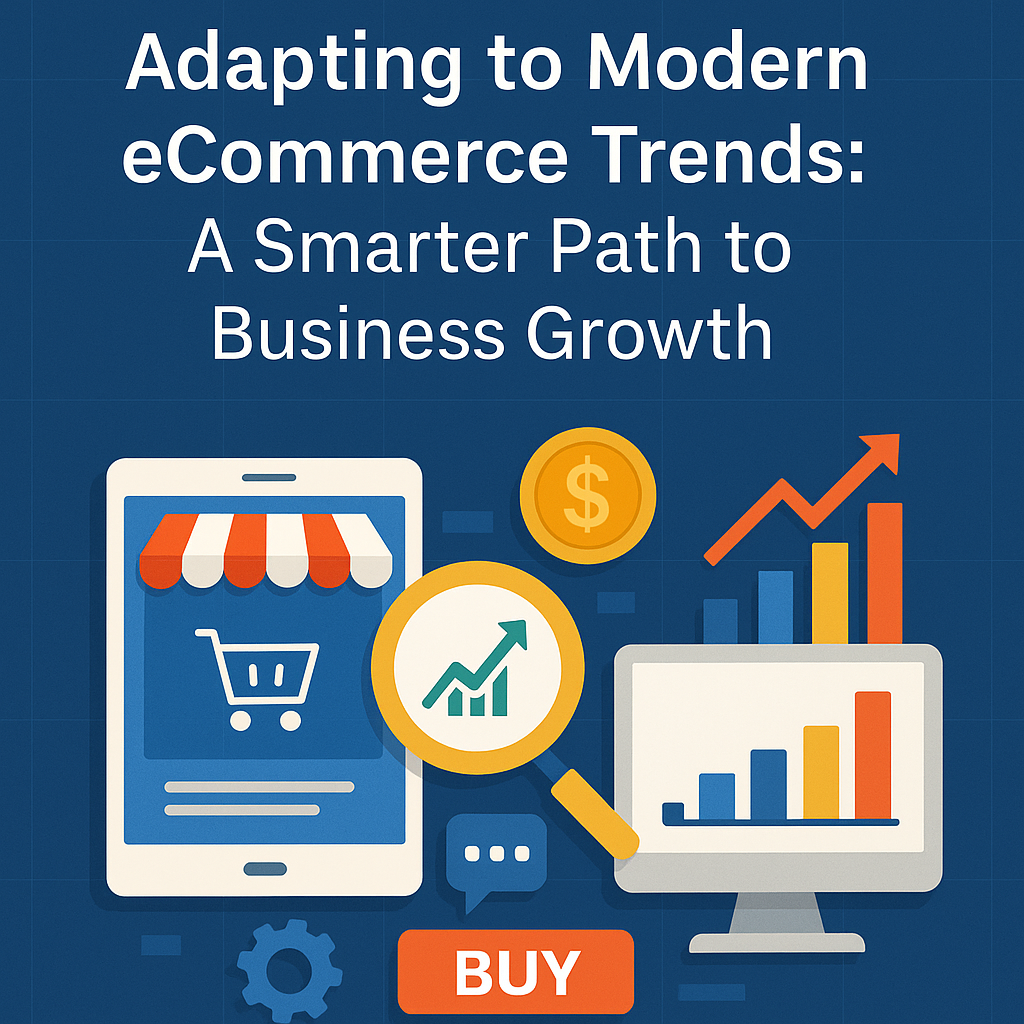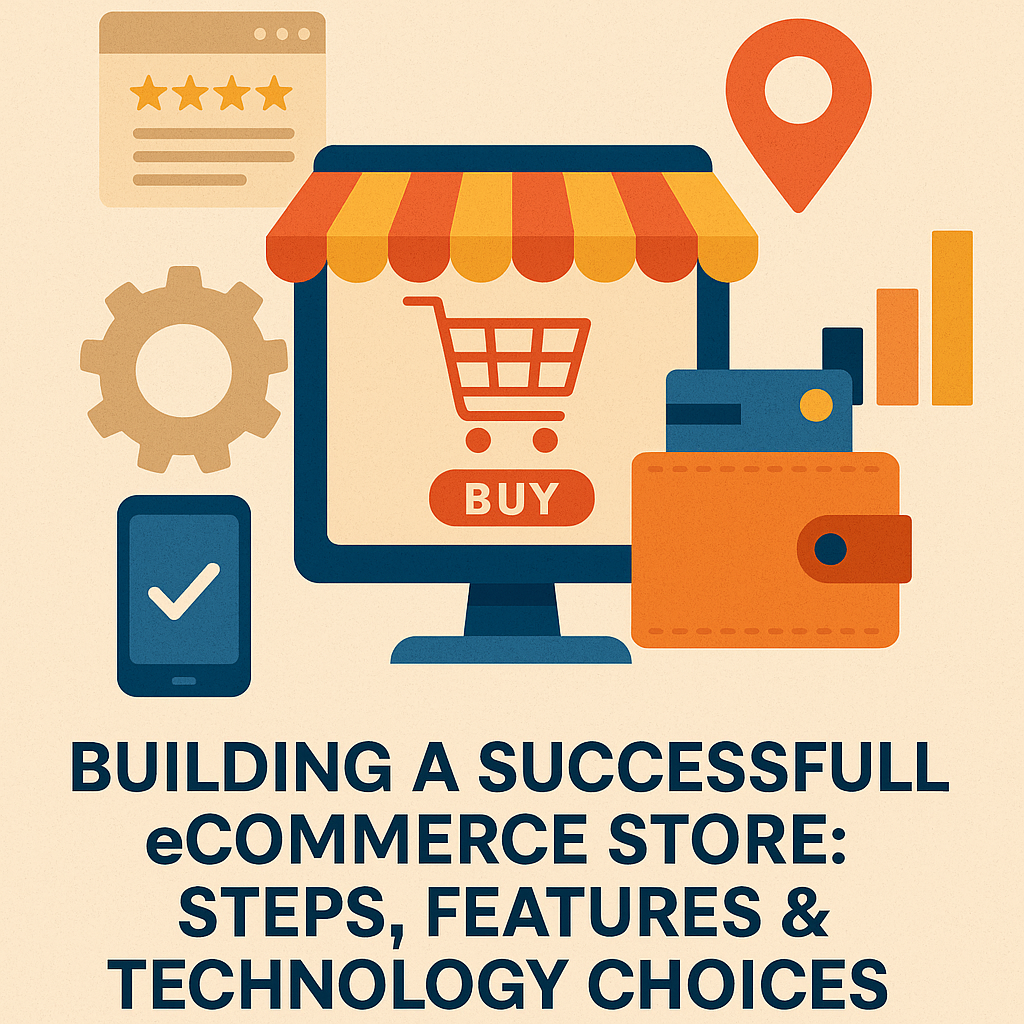Why Laravel is Perfect for API-Driven Applications

Strong 8k brings an ultra-HD IPTV experience to your living room and your pocket.
API-driven applications are at the heart of modern web development, enabling seamless communication between different software systems, mobile apps, and web services. With the rising demand for connectivity, businesses increasingly rely on APIs to create flexible, scalable, and high-performing applications. Laravel, a popular PHP framework, has emerged as a go-to choice for building API-driven applications due to its robust features, ease of use, and powerful toolset.
In this article, we’ll explore why Laravel is the ideal framework for developing API-driven applications and how partnering with a Laravel Development Company can help businesses unlock the full potential of API-based solutions.
Understanding API-Driven Applications
API (Application Programming Interface) refers to a set of protocols and tools that allow different software systems to communicate with one another. In an API-driven application, the core logic is built to communicate through APIs, allowing different parts of the application (or different applications) to interact seamlessly. APIs are crucial for mobile apps, single-page applications (SPAs), and microservices architecture, as they provide a standardized way to access and manage data.
API-driven applications offer several benefits, including:
Scalability: As APIs separate the front-end from the back-end, it becomes easier to scale individual components of an application.
Flexibility: APIs enable integration with third-party services and other applications.
Better User Experience: By using APIs, developers can create fast and responsive applications that provide real-time updates without reloading the entire page.
Laravel is particularly suited for API development due to its clean syntax, rich feature set, and built-in support for RESTful APIs, making it an ideal choice for businesses looking to build efficient, scalable, and secure API-driven applications.
Key Features of Laravel for API Development
1. RESTful API Support
Laravel comes with built-in support for building RESTful APIs, which are the most common type of APIs used in modern web applications. A RESTful API (Representational State Transfer) allows for a standardized approach to structuring and accessing data via HTTP methods like GET, POST, PUT, and DELETE.
Laravel makes it incredibly simple to define routes and controllers for handling API requests, thanks to its elegant routing system. By using Laravel’s resource controllers, developers can quickly set up routes to manage resources such as users, products, or orders without writing redundant code.
For example, you can easily create an API that allows users to retrieve, update, or delete their data using standard HTTP requests. Laravel’s resourceful routing also ensures that your API endpoints are well-organized and follow best practices for RESTful design.
2. Eloquent ORM for Data Handling
One of Laravel’s greatest strengths lies in its Eloquent ORM (Object-Relational Mapping), which simplifies database interactions by allowing developers to work with data as PHP objects instead of writing raw SQL queries. This makes it easier to manage relationships between different data models, such as "one-to-many" or "many-to-many" relationships.
When building an API-driven application, Eloquent allows for efficient data handling and provides features like eager loading to minimize database queries and optimize performance. By integrating Eloquent into your API, developers can easily retrieve, update, and manipulate data from databases while ensuring that the application runs smoothly.
Additionally, Eloquent’s ability to serialize data into JSON format makes it particularly useful for API-driven applications, where data is often exchanged in JSON.
3. API Authentication with Laravel Passport
Security is a top concern for API-driven applications, especially when dealing with sensitive user data. Laravel addresses this concern with Laravel Passport, a powerful authentication package designed to handle API authentication. Passport enables OAuth2-based authentication, providing token-based security that allows users to securely access protected endpoints in the API.
With Laravel Passport, developers can easily implement features such as user registration, login, and access token generation for secure access to API resources. This makes it ideal for applications that need to authenticate users across web and mobile platforms.
By using token-based authentication, Passport ensures that API requests are authorized and secure, preventing unauthorized access to sensitive data. For businesses looking to build API-driven applications, using Passport with Laravel ensures that security best practices are in place from the start.
4. Rate Limiting and Throttling
APIs often handle a high volume of requests, and it’s important to manage these requests efficiently to prevent overloading the server or abusing the system. Laravel provides built-in support for rate limiting and throttling, which helps developers control the number of requests that can be made to the API within a given time frame.
This is particularly useful for public APIs or high-traffic applications where you want to prevent malicious users from overwhelming the server with too many requests. Laravel’s rate-limiting middleware makes it easy to configure and apply request limits to specific API endpoints, ensuring that the application remains performant even under heavy load.
By implementing rate limiting, businesses can protect their API-driven applications from potential abuse while ensuring that legitimate users have a smooth and responsive experience.
5. API Versioning
As businesses grow and applications evolve, it’s often necessary to update the API without breaking existing functionality for users. Laravel provides tools to implement API versioning, which allows developers to maintain different versions of the API over time.
Versioning is particularly important for businesses that provide public APIs to third-party developers or mobile applications, as it ensures that older versions of the API continue to work even as new features or changes are introduced. Laravel makes it easy to define separate routes for different API versions, allowing businesses to manage updates without disrupting the user experience.
By using versioning, businesses can future-proof their API-driven applications and ensure that they can evolve with changing requirements and user needs.
6. Support for JSON Responses
APIs typically exchange data in JSON (JavaScript Object Notation) format, and Laravel provides comprehensive support for returning JSON responses. With Laravel, developers can create structured, consistent JSON responses for their API endpoints, making it easy for front-end developers or third-party applications to interact with the API.
Laravel’s resource classes allow developers to define how data should be transformed into JSON, ensuring that the API returns clean and well-structured data. This is particularly useful for building applications that require mobile or single-page application (SPA) front ends, where real-time communication with the back end is essential.
The ability to easily customize and structure JSON responses ensures that businesses can create APIs that are both user-friendly and easy to integrate with other systems.
The Importance of Working with a Laravel Development Company
Building a robust API-driven application requires expertise in API design, security, and optimization. By partnering with a Laravel Development Company, businesses can leverage the skills of experienced developers who specialize in Laravel’s tools and features for API development.
Here’s how a Laravel Development Company can help:
Custom API Design: Whether you’re building an API for internal use, mobile apps, or third-party integrations, a Laravel development team can design and build custom APIs that meet your specific needs. They ensure that the API is well-structured, scalable, and secure.
Security Best Practices: Securing API endpoints is critical for preventing data breaches and unauthorized access. A professional development team will implement best practices such as token-based authentication (with Laravel Passport), rate limiting, and encryption to protect sensitive data.
API Integration: Many businesses require their APIs to interact with external systems, such as payment gateways, third-party services, or other internal applications. A PHP web development services provider can integrate your API with these external systems, ensuring seamless data exchange and smooth operations.
Performance Optimization: High-traffic applications require optimized performance. A Laravel Development Company can help implement caching strategies, database optimization, and rate-limiting features to ensure that your API performs well under heavy load.
Conclusion
In the era of interconnected applications, API-driven development is essential for businesses looking to create flexible, scalable, and high-performance solutions. Laravel’s robust feature set, including built-in RESTful API support, secure authentication with Passport, and powerful Eloquent ORM, makes it the ideal framework for building API-driven applications.
Partnering with a Laravel Development Company ensures that your API is designed with best practices in mind, from security to scalability. Whether you’re building a mobile app, a web service, or a microservices architecture, Laravel provides the tools you need to create a successful API-driven application that can grow with your business.
Note: IndiBlogHub features both user-submitted and editorial content. We do not verify third-party contributions. Read our Disclaimer and Privacy Policyfor details.







